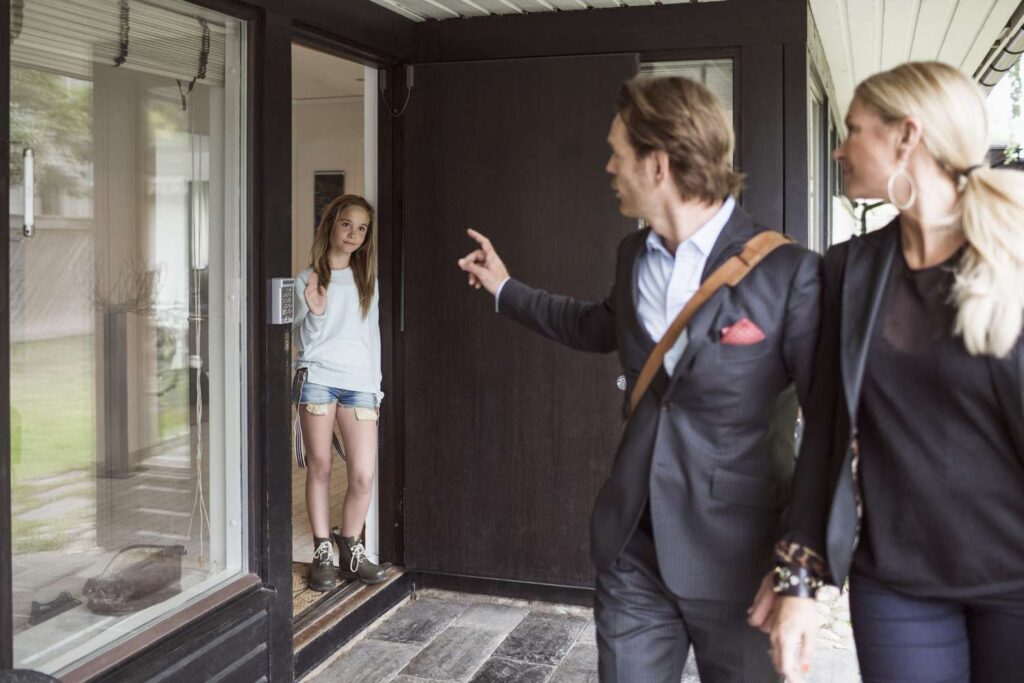
Contents
What is the youngest legal age to stay home alone?
Deciding when a child is mature enough to stay home alone is a milestone that can be both exciting and nerve-wracking for families. Parents want to foster independence but also ensure their child’s safety and well-being. One of the most common questions is: What is the youngest legal age a child can be left home alone? The answer is not straightforward, as it depends on where you live and involves both legal requirements and expert guidance.
Legal Minimum Ages Across the United States
In the United States, there is no single federal law dictating the minimum age a child can be left home alone. Instead, each state—and sometimes individual cities or counties—sets its own rules or guidelines.
-
Kansas sets the nation’s lowest legal minimum at 6 years old.
-
Maryland, Georgia, and North Carolina require children to be at least 8 years old.
-
North Dakota has a minimum age of 9.
-
Washington, Oregon, Tennessee, and New Mexico require children to be 10.
-
Michigan sets the age at 11.
-
Colorado and Delaware require children to be 12.
-
Illinois has the strictest law, setting the minimum at 14 years old.
However, the majority of states—36 in total—do not specify a legal minimum age. In these places, the decision is left to parents, though authorities may intervene if a child is left in a situation deemed unsafe or inappropriate for their age.
What the Experts Recommend
While state laws provide a legal baseline, child safety organizations and experts offer their own recommendations:
-
The National SAFEKIDS Campaign suggests that children under 12 years old should not be left home alone.
-
Pediatricians and child psychologists often echo this advice, emphasizing that maturity, not just age, should guide the decision.
These recommendations aren’t legally binding, but they reflect a consensus among professionals about when most children are developmentally ready to handle being alone responsibly.
Important Factors for Parents to Consider
Even if your state allows young children to be left home alone, experts urge parents to consider several key factors before making this decision:
-
Maturity and Responsibility: Is your child able to follow rules, make good decisions, and handle emergencies?
-
Length of Time Alone: Is your child being left for a quick errand or several hours?
-
Safety of the Neighborhood: Is your home in a safe area? Are there trusted neighbors nearby?
-
Presence of Siblings: Is your child caring for younger siblings, or just themselves? Some states have separate rules for babysitting.
-
Special Needs: Does your child have any medical, emotional, or developmental needs that require extra supervision?
-
Child’s Comfort Level: Is your child confident about being home alone, or do they feel anxious?
What If There’s No Legal Minimum?
In states without a specific law, child protective services and law enforcement may still investigate if a child is left alone and something goes wrong. They will look at the circumstances, the child’s age and maturity, and whether the situation posed any danger.
Additionally, some cities or counties have their own rules. For instance, Albuquerque, New Mexico, prohibits leaving children under 11 home alone, even though the state itself does not set a minimum age.
International Laws and Perspectives
Globally, the rules on leaving children home alone vary just as widely. Some countries have strict national laws, while others, like the U.S., rely on local regulations and parental judgment.
Conclusion
While Kansas allows children as young as 6 to stay home alone, and Illinois requires them to be 14, most U.S. states don’t have a set legal minimum. Instead, they trust parents to assess their child’s maturity and readiness. Still, leading safety experts recommend waiting until at least 12 years old.
Above all, the decision should be based on your child’s maturity, the safety of your home and neighborhood, and your confidence that they can handle being alone. Always check your local and state laws, and when in doubt, err on the side of caution to ensure your child’s safety and your peace of mind.


